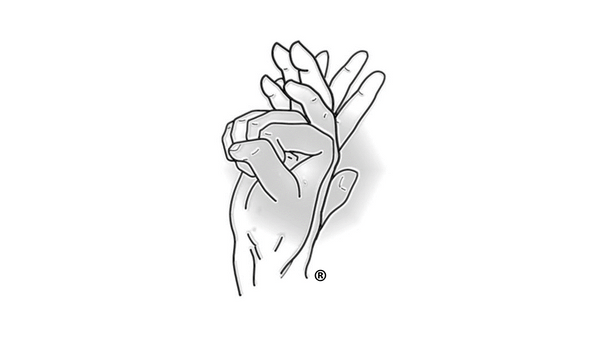snapshot exercise
Critically Review Your School's Existing Provision

the quest for consistency:
While most schools already have CPD provision, with whole-school initiatives representing the norm, an uncomfortable truth remains:
the principle of acknowledging individual teachers' prior knowledge, needs, and interests—something we routinely apply to students—is rarely extended to teachers themselves.
...this can lead to unintended consequences
To test this hypothesis, I invite you to briefly review the four segments below. Reflect on whether you or your colleagues encounter any of these obstacles and challenges to professional growth
if so - which bullet points stand out?
*We encourage you to approach the exercise with an attitude of curiosity, for despite the negative phrasing, this is not a deficit model.
Which staff readily come to mind?
How do you know?
- What leads you to think that?
-

How confident are you in your assessment?
How can you check to find out?
We provide links to digital tools to help you validate and refine your early conclusions.
Now, take a moment to contemplate the 'How' principles that outline the proposed remedy in the second set of grey boxes below.
Diagram used with kind permission of Dr Chris Baker
Look carefully, and you'll notice that each bullet point in the top box directly corresponds to a bullet point in the bottom box, addressing the same issue in sequence. For example, apathy caused by a lack of relevance is addressed through advocating for personalised CPD, while compliance resulting from a lack of choice is tackled by creating opportunities for divergence.
To what extent do the 'How' principles reflect your experiences and those of your staff?
Some MATS/Schools encounter
unintended consequences
When Uniformity Becomes Conflated With Consistency & Coherence
Professor Rob Coe, speaking about the NPQH, provides a blunt diagnosis:
"Leadership is not about telling people how to teach"
"All the evidence is that that kind of prescription, or trying to give people very specific practices that they have to do—non-negotiables, as some people say—doesn't actually improve practice; it doesn't improve learning. Those strategies don't work... You need expertise, and if you bypass expertise, you get compliance—a superficial version of it—but you don't really get the authentic version because you haven't thought enough about the level of expertise."
"Having a blanket prescription is a mandate for mediocracy"



